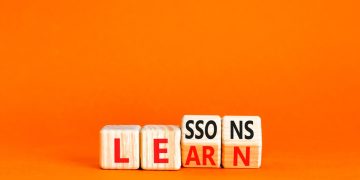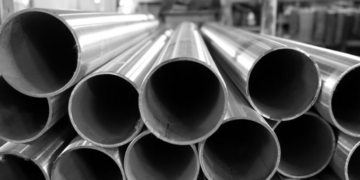France ratifies Ship Recycling Convention
The third member to ratify the Hong Kong International Convention According to International Maritime Organization (IMO), France became the third State to ratify the Hong Kong International Convention for the Safe and Environmentally Sound Recycling of Ships, 2009 (following the Congo and Norway).The Convention is aimed at ensuring that ships, when being recycled after reaching the end of their operational lives, do not pose any unnecessary risks to human health, safety and to the environment.The Hong Kong Convention intends to address all the issues around ship recycling, including the fact that ships sold for scrapping may contain environmentally hazardous substances such as asbestos, heavy metals, hydrocarbons, ozone-depleting substances and others. It also addresses concerns raised about the working and environmental conditions at many of the world's ship recycling locations.Upon entry into force of the Hong Kong Convention, ships to be sent for recycling will be required to carry an inventory of hazardous materials, which will be specific to each ship. An appendix to the Convention provides a list of hazardous materials the installation or use of which is prohibited or restricted in shipyards, ship repair yards, and ships of Parties to the Convention. Ships will be required to have an ...
Read more




























































